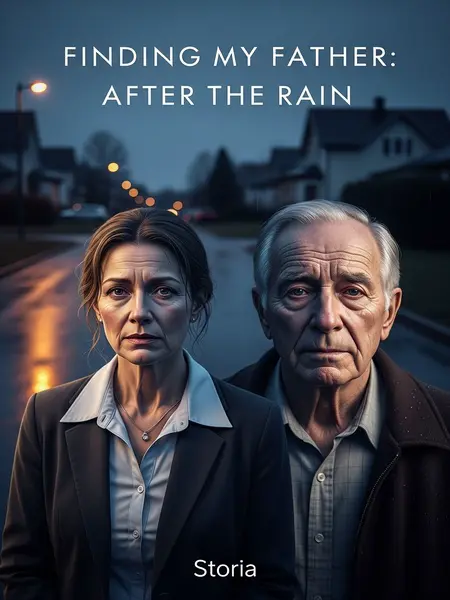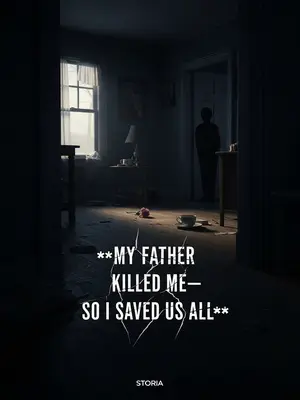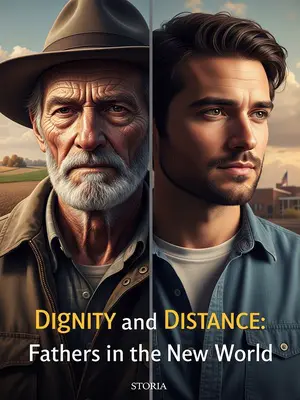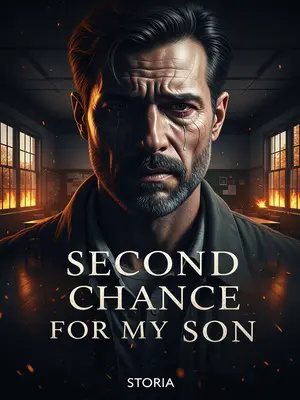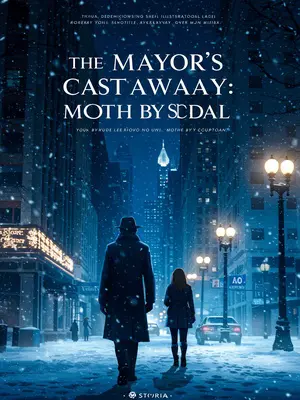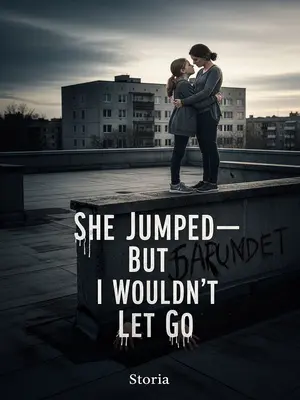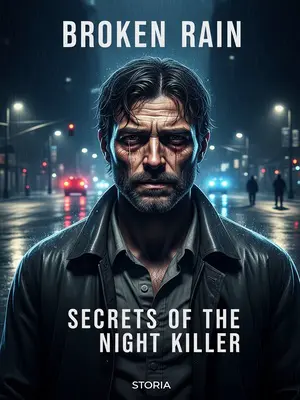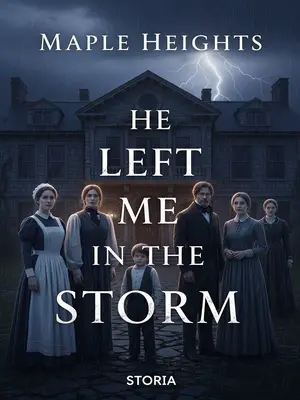Echoes of Maple Heights
In my memory, my dad didn’t achieve much, was lazy, and loved to brag.
It’s not easy to admit, but I’d spent years tallying up his flaws, almost as if it gave me permission to keep my distance.
I could see nearly every trait I couldn’t stand in a man reflected in him.
Sometimes, I wondered if I’d spent my whole life trying to be nothing like him.
If I could talk to my mom again, I’d really want to ask what she ever saw in my dad.
That question has haunted me for years, echoing in the quiet moments after Dad falls asleep and the house is too still.
Just thinking about it makes me mad.
It’s easier to be angry than to feel helpless.
When it comes to Mom, Dad either dodges or makes things up—never a straight answer. For a long time, the more I looked at him, the more he seemed like a conman.
He’d spin wild stories—how they met, love at first sight—but the details always changed. I stopped believing them a long time ago.
A year ago, Dad wandered off again. The police couldn’t find any ID on him and kept asking his name. “My name is Mary Rivers.”
It was obviously strange, but the police spent forever checking. “Mary Rivers, Mary Rivers—why not just say you’re Mary Poppins!”
When I got to the station and heard that, my heart nearly exploded—felt like my blood pressure was about to shoot through the roof.
I remember gripping the steering wheel so tight my knuckles went white. The officer at the desk looked at me like I was the one who’d lost my mind.
But soon after, I found out Mary Rivers was my mom’s name. On the way home, Dad just sat quietly in the passenger seat, barely saying a word.
He stared out the window, hands fidgeting with his jacket. For once, he didn’t have a story to tell.
That night, I cried for the first time. I broke down, feeling wronged, unable to hold it in any longer. Even when work was brutal in Chicago, I never cried.
I curled up on the edge of my bed, muffling my sobs in a pillow, afraid he’d hear. The weight of everything—my career, my freedom, the life I’d lost—crashed over me all at once.
But facing a loved one with dementia, I finally understood what it means to feel powerless.
There’s no bargaining with this disease. No matter how hard you try, you can’t bring them back.
After parking, I finally made it home. We live in an old single-story house—not a high-rise.
The porch creaked under my feet as I stepped up, paint peeling from the railings. The smell of cut grass and summer heat hung in the air—familiar, and tinged with sadness.
After searching carefully, I finally found my father’s escape route—a strip of clothing snagged in the twisted window frame, fluttering in the breeze. “Heh, impressive!”
I stood there, shaking my head, a bitter laugh escaping. Even now, he managed to outsmart me.
Like a balloon with all the air let out, I slumped on the porch. If I’d known, maybe I should have picked the more conservative treatment.
I let my head fall into my hands, exhaustion pressing down. Every choice replayed in my mind, each one heavier than the last.
Dad’s illness didn’t just appear out of nowhere. Three years ago, at only fifty-four, he had a stroke. Faced with the choice between conservative and surgical treatment, I picked surgery.
I remember sitting in that hospital waiting room, clutching a paper cup of bad coffee, listening to the surgeon lay out all the risks. I picked what I thought was hope.
Turns out, I was both right and wrong.
Hope always comes with a price. I saved his life, but lost the man I used to know.
The surgery worked, but Dad couldn’t dodge the complications—he developed dementia. His thinking just didn’t match his age anymore—a real handful. I was so worried he’d slip away, I started losing sleep myself.
Every night, I’d lie awake, listening for the creak of the floorboards, terrified he’d disappear while I slept. The bags under my eyes just kept getting darker, my nerves stretched thin.
The ringtone jolted me back to reality. It was my assistant, reminding me about the meeting. “Postpone with the partner. I still have something here and might be delayed until tomorrow.”
I could hear the frustration in her voice, the disappointment I’d gotten used to from colleagues. I mumbled something about a family emergency and hung up before she could ask more.
After I hung up, I was on the edge of collapse. In these three years, even after moving back from Chicago, I’d missed so many work things because of Dad.
My inbox was overflowing with apologies, my calendar a patchwork of rescheduled calls and missed deadlines. With every "Sorry, something came up," my old life slipped a little further away.
This time, I finally made up my mind. I would find my father, then send him to the best nursing home I could afford and hire a top caregiver for him.
The guilt stung, but I knew I couldn’t do this alone forever. I owed it to both of us to get help, even if it meant letting go a little.
“Mrs. Parker, thank you so much.”
Mrs. Parker, my dad’s old colleague, watched me grow up. “What are you thanking me for? I just take it as a walk.”
She brushed off my gratitude, but I saw the kindness in her eyes. She’d been there for us since I was in pigtails, always ready with a casserole or a gentle scolding.
Her figure had softened with age, her skin loose, but Mrs. Parker’s voice was still loud, and she walked with a spring in her step.
She marched down the sidewalk like she owned it, cane tapping, purse swinging. Age hadn’t slowed her down much at all.
Sometimes I just sigh—if only Dad’s mind was still clear, how much trouble it would save me.
Some days, I catch a glimpse of the old him—a joke, a wink, a stubborn grin—and it almost hurts more than the confusion.
“Your dad did so many good deeds when he was young. Now I just have a chance to pay him back a little.”
She always says this, like Dad was some kind of local hero. I never understood it.
The dad I remember was definitely not as great as Mrs. Parker said.
I’d roll my eyes at her stories, convinced she was just being polite.
Achieved nothing, lazy, and a braggart—that was my dad to me.
I just thought she was being nice, so I smiled and didn’t say anything.
“Mm, I’ll go to the mill to look for him.”
I grabbed my keys and checked my phone for the time, my mind already racing through the possible routes Dad might’ve taken.
From past experience, Dad only ever went to the mill where he used to work, the fishing lake, or the chess tables in the park.
I’d memorized his favorite haunts—the places he always felt most at home. In some ways, they’d become my landmarks, too.
Looking in those three places was never a bad bet.
They were the fixed points in the chaos, the only certainty in a life that had become unpredictable.
“I happen to be free. I’ll go with you.”
Mrs. Parker was all in. I nodded, grateful for the company, even if I didn’t say it out loud. Having her along would give me someone to talk to on the way.
She squeezed into the passenger seat, buckling her seatbelt with a huff. I was glad for her company, even if I kept it to myself.
I drove Mrs. Parker to the mill.
The road was rough, potholes bouncing us around as we passed fields turning gold in the late afternoon sun. The air smelled like cut hay and gasoline.
